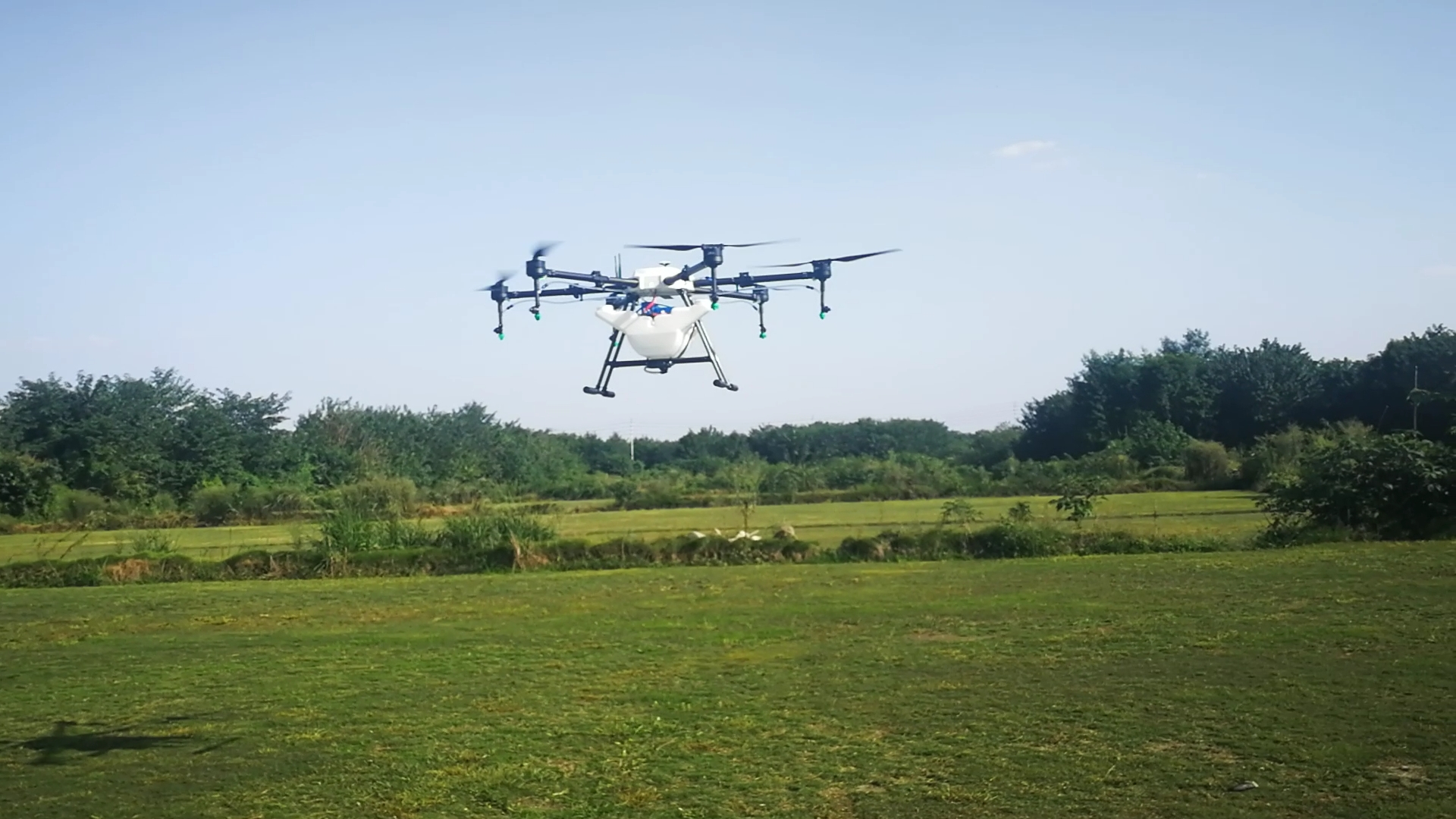The Federal Aviation Administration (FAA) has granted Yamaha’s FAZERremotely piloted helicopter an exemption for certain commercial agricultural spraying operations.
This machine is the latest in Yamaha’s fleet to receive FAA approval, following the RMAX model. These models, which are operated by Yamaha employees, are available as part of the company’s spray services for fungicide aerial application on wine grapes in Napa Valley.
“This new FAA approval for the FAZER operation follows more than 20 years of experience and proven agricultural performance, and it’s a testament to Yamaha's commitment to remotely piloted helicopters and precision agriculture,” says Brad Anderson, Yamaha’s unmanned systems dvision manager. “The FAZER is our next step in the evolution of this unique line of remotely piloted helicopters, and its improved performance features will help us be more efficient and reach more farms that need this type of technology.”
The FAZER includes myriad improvements over previous models like 50% increased payload capacity, improved control using a newly designed transmitter and new control system, cleaner exhaust emissions, and quieter operation due to the fuel-injected four-stroke engine.
“We have found the Yamaha RMAX aerial applications to be a novel, efficient, and effective approach to controlling fungal pathogens in some of our most challenging vineyard blocks,” says Caleb Mosley, senior viticulturalist for Michael Wolf Vineyard Services. “The increased payload and output offered by the FAZER, coupled with the expertise of Yamaha’s pilots and support staff, show a commitment to the viticulture plant-protection field that we are pleased to be able to utilize in our vineyards.”
Currently, FAA and state regulations require that the RMAX and FAZER be operated by a certified and licensed Yamaha employee. However, the company is also working to type certify its FAZER R.
“Once certified, the company plans to lease the FAZER R to other individuals and organization staff who are properly qualified to operate the machine,” says Anderson. “Pricing has not yet been determined.”
Introduced to the U.S. market at the 2018 Consumer Electronics Show (CES) earlier this year, the FAZER R retains the strong base functionality of the original FAZER model, but is easier to operate and has improved spraying accuracy. With a 32-liter agrochemicals payload, it can spray nearly 10 acres without reloading chemicals or refueling.
“Based on our current exemptions, Yamaha is providing the service rather than selling the units. With the new FAZER R certification,” he says, “however, we believe this will open up the possibility for growers to lease the units, and we see that as a growing trend. Partly due to the shrinking labor supply, we think growers are open to exploring other alternatives to managing their crops, including contracting out some of the key activities such as spraying.”
For more than two decades, Yamaha has been operating remotely piloted helicopters for commercial use. It has accumulated over 2 million total flight hours since 1991. In Japan, the company has over 2,500 machines operating to control pests in 35% of its rice fields.
While Yamaha’s initial entry into commercial services in the U.S. has been in vineyards, Anderson says the company is just scratching the surface for the potential of its units within ag.
“We're looking at various applications in other specialty and high-value crops,” he says. “The potential of utilizing our equipment for spot spraying could also provide multiple benefits within the ag industry.”
To learn more about Yamaha’s remotely piloted helicopters, visit yamahamotorsports.com/motorsports/pages/precision-agriculture.
Intelligent Agriculture is the trend of all over the world. And the intelligent drone act as a important role in this world plan.
Agriculture spraying drone can replace the traditional pesticide sprayer and it's speed is 40times of the traditional sprayer. It will save 90% water and 30%-40% pesticide. Small droplet diameter make the pesticide more well-distribute and improve the effect. At the same time, it will make the people faraway from the pesticide and reduce the pesticide remain of the crop.

Contact: Fly Dragon Drone Tech.
Email: frank at dronefromchina.com
Add: NO. 9 Dayu Road PiDu distric, ChengDu 611730, China